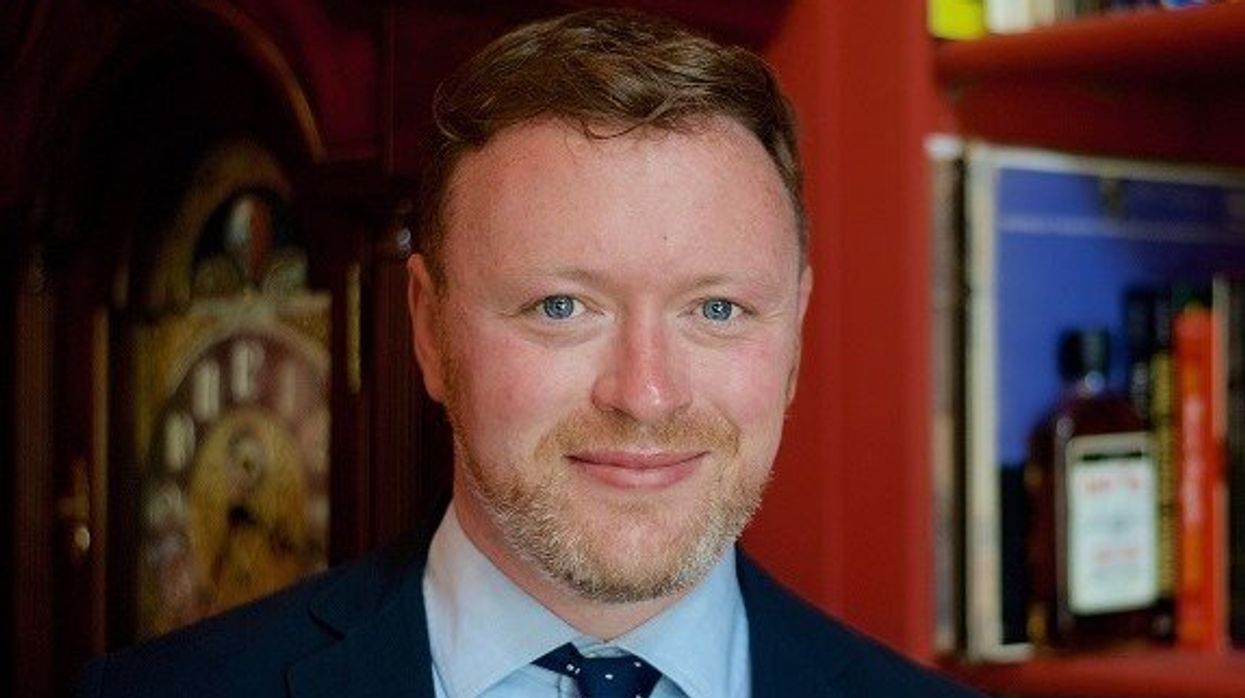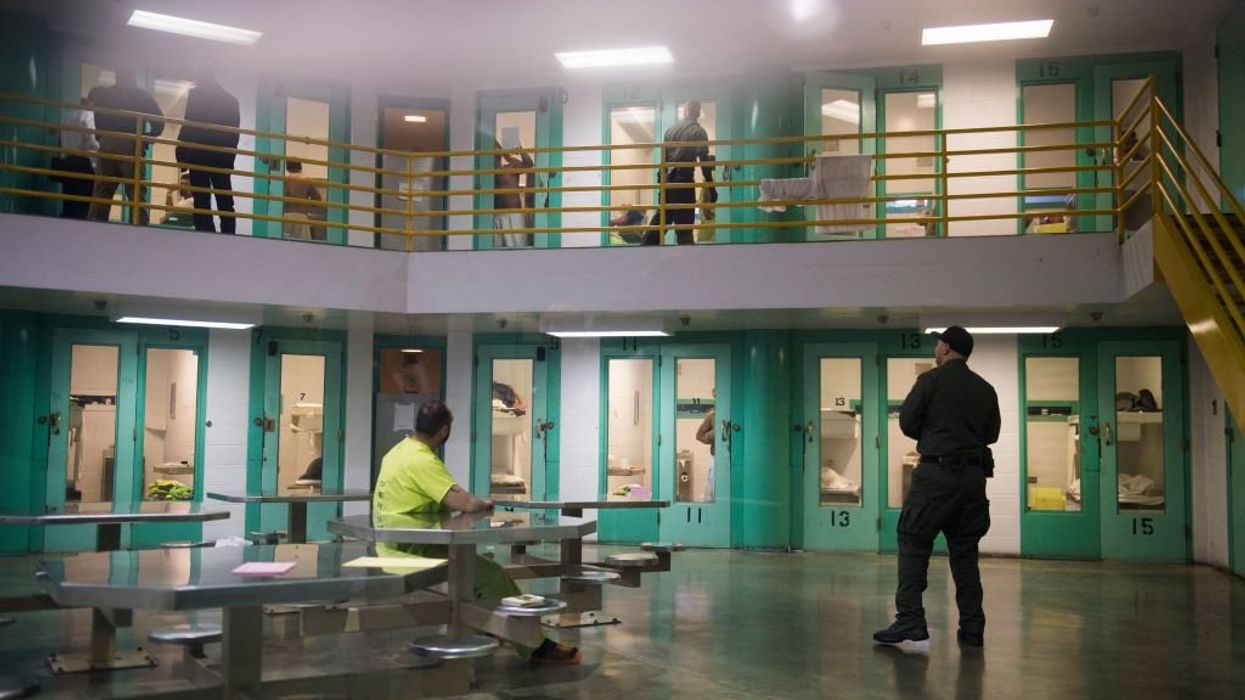President Barack Obama warned Russia that it is facing a "costly proposition" with its military intervention in Ukraine.
 President Barack Obama meets with Israeli Prime Minister Benjamin Netanyahu in the Oval Office of the White House in Washington, Monday, March 3, 2014. (AP/Pablo Martinez Monsivais)
President Barack Obama meets with Israeli Prime Minister Benjamin Netanyahu in the Oval Office of the White House in Washington, Monday, March 3, 2014. (AP/Pablo Martinez Monsivais)
Obama said there are economic and diplomatic actions that can be taken that would isolate Russia if it continues on its current trajectory after Russian President Vladimir Putin ordered forces into Ukraine's Crimea region over the weekend.
“So there are really two paths that Russia can take at this point. Obviously the facts on the ground in Crimea are deeply troubling, and Russia has a large army that borders Ukraine,” Obama told reporters during a White House meeting with Israeli Prime Minister Benjamin Netanyahu. “But what is also true is that over time this will be a costly proposition for Russia, and now is the time for them to consider whether they can serve their interests in a way that resorts to diplomacy as opposed to force.”
Obama said he hopes Congress will work with the administration to provide an assistance package to Ukraine, which he said should be “outside of partisanship.”
“You know, I've heard a lot of talk from Congress about what should be done, what they want to do,” Obama said. “One thing they can they just right away is to work with the administration to help provide a package of assistance to the Ukrainians, to the people and that government and when they get back in, assuming the weather clears, I would hope that that would be the first order of business, because at this stage. There should be unanimity among Democrats and Republicans that when it comes to preserving the principle that no country has the right to send in troops to another country unprovoked, we should be able to come up with a unified position that stands outside of partisan politics.”
Netanyahu's White House meeting with Obama came at a rare time when Europe is the central focus of international conflict and not the Middle East. Netanyahu said he appreciated the meeting considering Obama has “a few other pressing matters on his plate.”
The two talked about the paramount issues of ensuring Iran does not have a nuclear weapon and brokering a two-state solution peace deal between Israel and Palestine. While their meeting in front of reporters was cordial, the two leaders politely expressed differences.
There has been particular disagreement in recent months on Iran, which the U.S. is engaging with a deal to gradually lift some sanctions if Iran scales back on uranium enrichment that could be used for nuclear weapons.
Netanyahu said blocking a nuclear Iran is the “main challenge,” and that “we are grateful for U.S. support.”
"If that goal can be achieved peacefully, I can tell you no country has a greater stake in that,” Netanyahu said of Israel. But he added, “I will do whatever I must do to defend the Jewish state.”
Obama stressed that his “absolute commitment that Iran does not acquire a nuclear weapon.”
He commended the prime minister for steps in negotiating a two state solution with Palestinian Authority President Mahmoud Abbas, who will be visiting the White House on March 17.
“Tough decisions will have to be made,” Obama said.
Yet Netanyahu denounced “incessant Palestinian incitement.”
“Israel has been doing its part and I regret to say Palestine has not,” the prime minister said. “I think it's about time to recognize the Jewish state.”

 President Barack Obama meets with Israeli Prime Minister Benjamin Netanyahu in the Oval Office of the White House in Washington, Monday, March 3, 2014. (AP/Pablo Martinez Monsivais)
President Barack Obama meets with Israeli Prime Minister Benjamin Netanyahu in the Oval Office of the White House in Washington, Monday, March 3, 2014. (AP/Pablo Martinez Monsivais)


